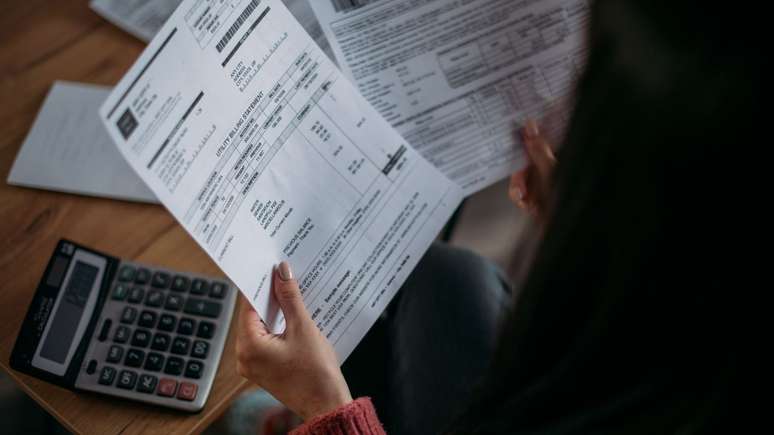The expert explains how to organize your personal finances to start the year debt-free and control your spending
Despite the annual expenses that pile up in January, the beginning of the year can be the ideal time to do so organize personal finances. It is at this time that many people decide to acquire new habits and review their financial priorities.
With the whole year ahead of you, the first step is to write down your planned expenses, including debt. This way you can understand your consumption behavior and make the necessary changes.
“The best strategy is to make a plan to review your finances, find out which debts to prioritize, choose a strategy and make smart and efficient financial decisions,” advises Thaíne Clemente, head of strategy and operations at Simplici.
In this context, the expert has separated the main tips on how to organize your personal finances to start the year on the right foot and be able to control your expenses to avoid debt. Watch:
Input and output app or spreadsheet
Use an app or create a spreadsheet to track all your expenses. In it, enter the value of your salary and fixed monthly bills. List everything and establish the order of payment based on urgency. This way you will have more control over your expenses and a better view of what you will have to pay each month.
“One of the most common mistakes is spending more than you earn. The ideal is to have efficient financial control of your income and never exceed this figure at the end of the month; in other words, you cannot take on debts exceeding the total amount in your bank account,” explains the expert.
Cut unnecessary expenses
One of the most effective ways to control your personal finances is to reduce unnecessary expenses. They are easier to identify if you are tracking your monthly spending. The idea is not to give up everything that gives you pleasure, but to start understanding your consumption behavior and make the necessary changes to save money.
Additionally, it’s worth reviewing your spending and looking for patterns or trends that may indicate unnecessary spending. “This may include subscription services such as streaming and online shopping. It’s the famous exercise of asking yourself: ‘do I need it now or do I buy it simply because I have the money available?'” underlines Thaíne.
Debt negotiation
Today there are many facilities for negotiating debts and interest rates can be much lower than those charged on special checks and credit cards. The market is interested in this trade to reduce defaults, circulate credit and stimulate the economy.
“If a person has different debts, with different creditors, it may be convenient to consolidate them with a single creditor, with a share that does not compromise a large part of the monthly budget. But this should be done as a payment method to pay off debts with more peace of mind, not as a means of obtaining additional income for new debts”, underlines the specialist.
Start an emergency fund
The beginning of the year is a good time to start something: how about saving? Whether it is savings or investment funds, saving is essential for those who want to have a healthier financial life and not be caught unexpectedly by unforeseen events.
“Starting to save, even if it’s small amounts, is essential to introducing the habit of saving into your daily life. It may be a little difficult at first, but proceed little by little, depending on how much you can save “, concludes Thaíne.
Source: Terra
Ben Stock is a lifestyle journalist and author at Gossipify. He writes about topics such as health, wellness, travel, food and home decor. He provides practical advice and inspiration to improve well-being, keeps readers up to date with latest lifestyle news and trends, known for his engaging writing style, in-depth analysis and unique perspectives.









